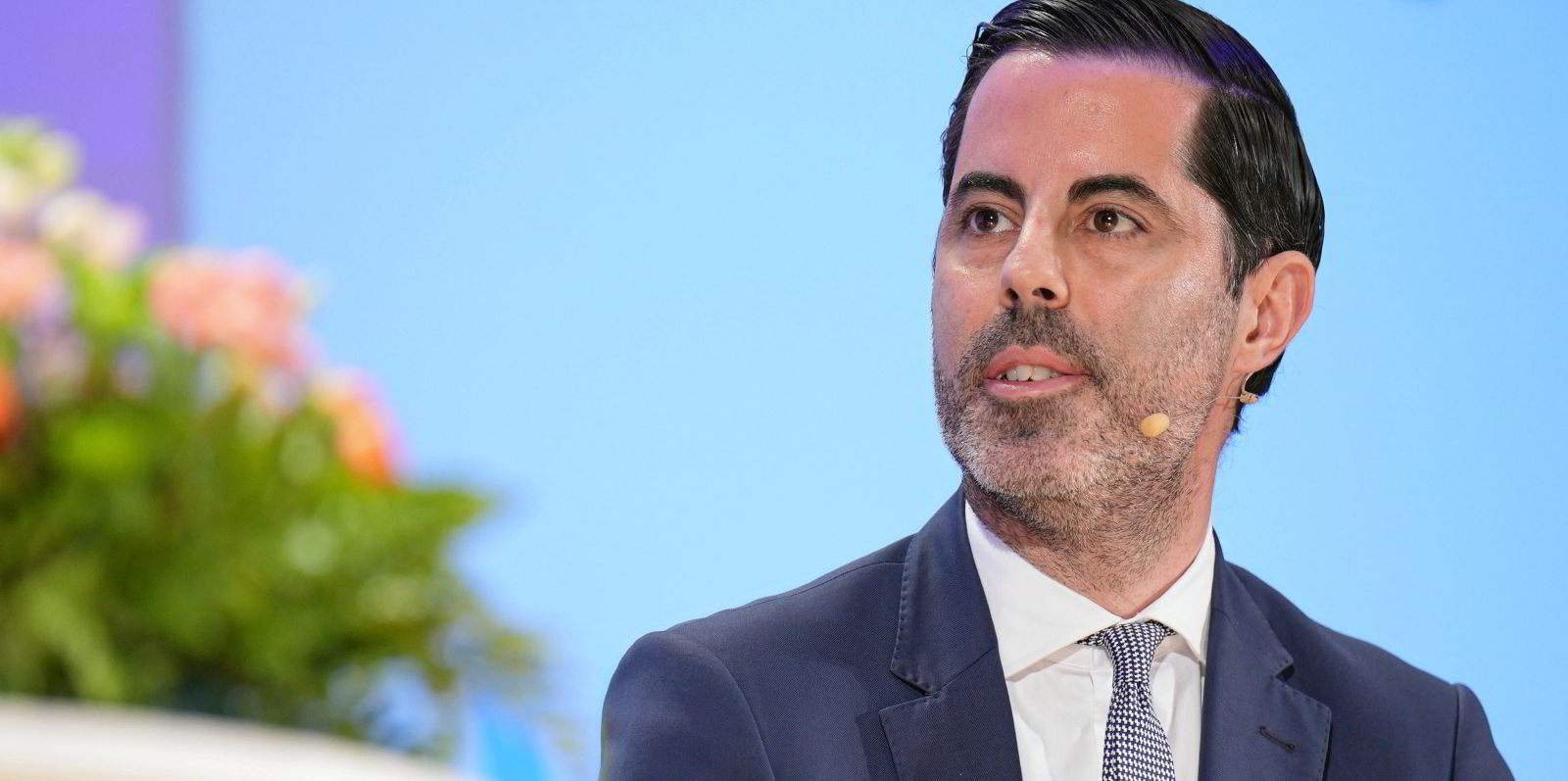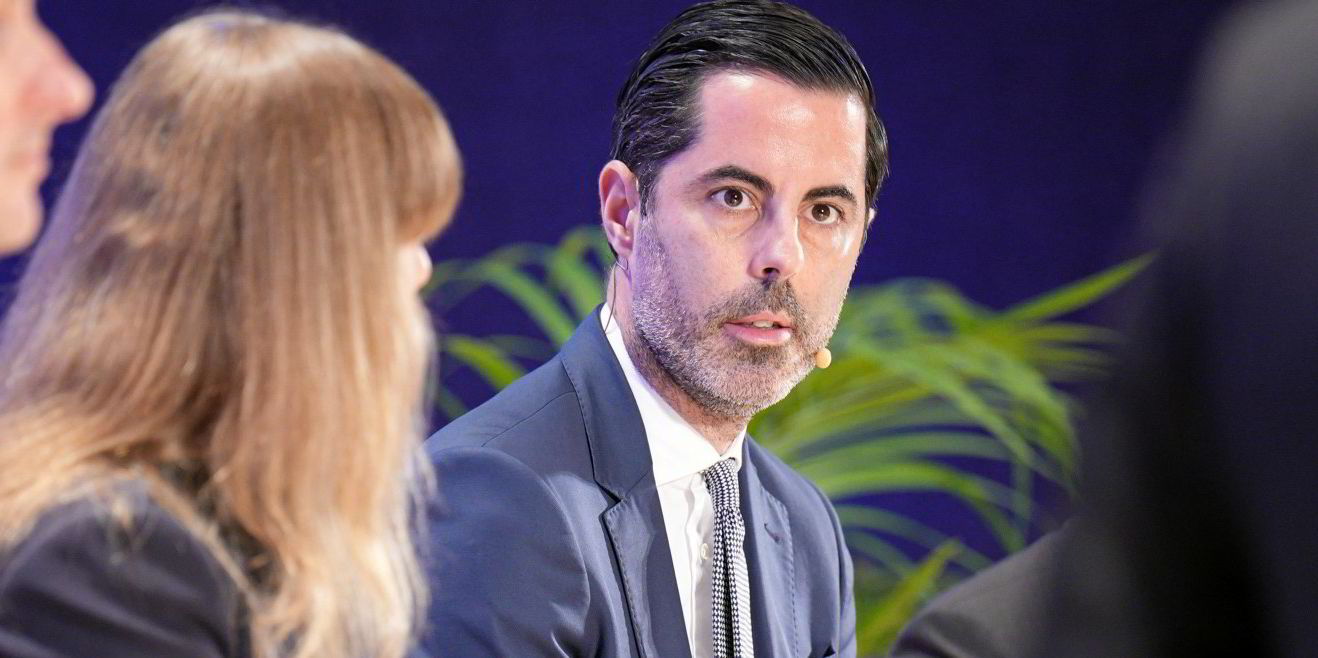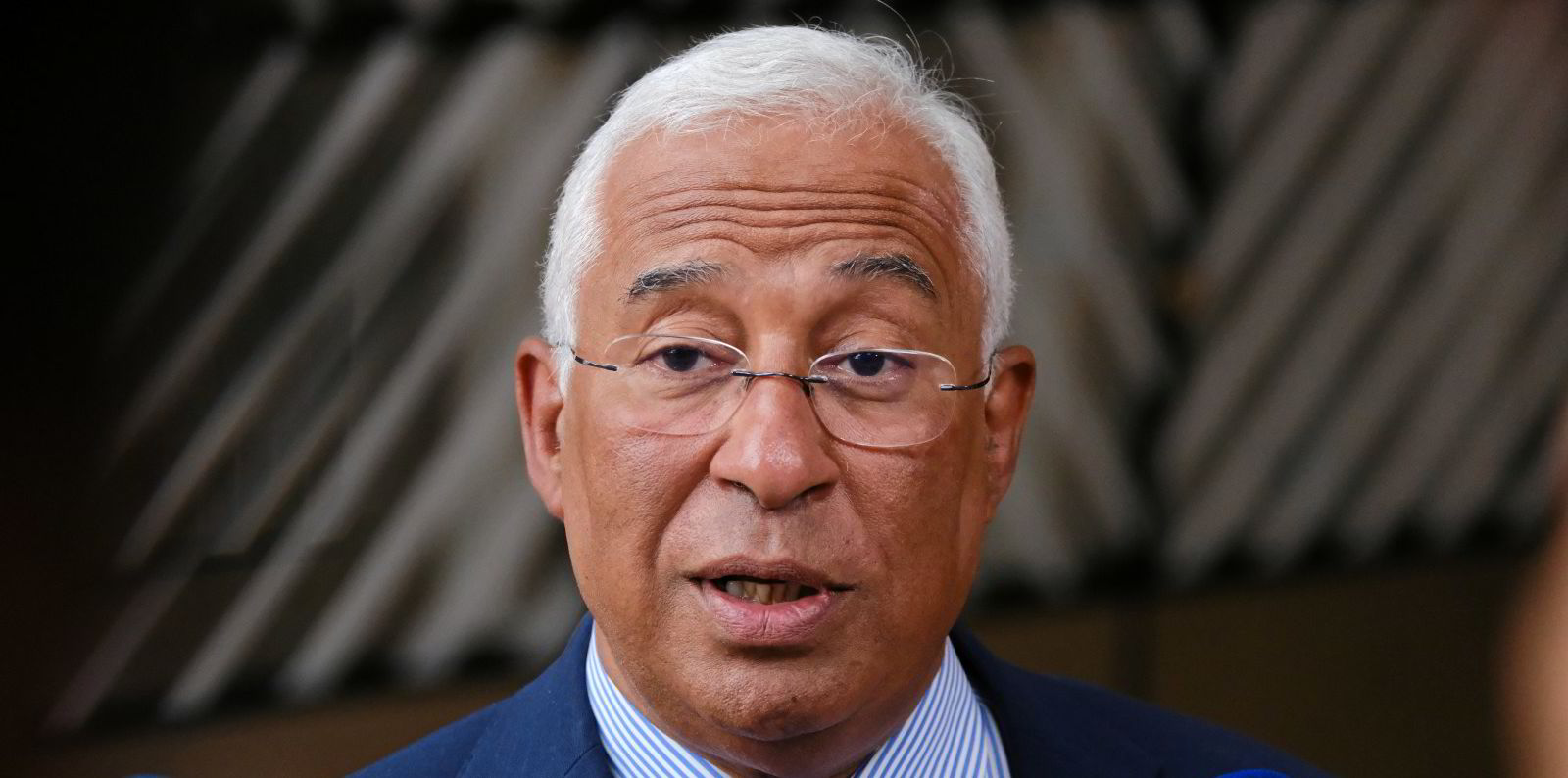Unlike in many other European countries, “consumers in Portugal almost didn’t notice” the energy crisis triggered by Russia’s invasion of Ukraine, thanks to a high share of renewable energy in the system and regulated tariffs, a high-ranking government official said.
Renewable generation supplied 61% of the electricity consumption in Portugal in 2023, according to grid operator REN, led by wind and hydropower.
“During the past crisis from the Ukraine war when prices of gas went through the roof, we saw electricity prices rising in Portugal for families [by only] 1% to 3%,” Jeronimo Meira da Cunha, general director of the energy and geology department (DGEG), a unit of Portugal’s environment ministry, said at a panel during the WindEurope conference in Bilbao last week.
“The combination of a high share of renewables and regulation allowed us to mitigate the spike in prices. Consumers in Portugal almost didn’t notice compared to other countries in the EU, where prices increased 20, 30, or 40%.
“Renewables are the solution for future crises. Renewables combined with stable regulation.”
While energy prices in Portugal – and to a lesser extent also in Spain – didn’t budge much, both prices for gas and electricity spiked in central and eastern Europe after Russia throttled its gas deliveries, leading to a hectic activity in the construction of LNG terminals (in Germany), as well as billions in subsidies to power consumers and gas importing companies (Uniper). Even those efforts weren’t enough to avoid a recession in Europe’s largest economy, while Portugal saw its GDP expand more than 2% in 2023.
Da Cunha said Portugal’s regulated tariff (in combination with discounts for most vulnerable consumers) was also a plus, and pointed out that some regulated tariffs that had been abandoned by other European countries are being revived now.
“This combination will help us for sure, and Portugal will reach around 85 to 90% renewable energy by 2030. By that time, we will be more protected to deal with this crisis and help vulnerable consumers.”
Portugal also operates an LNG gas terminal at Sines, and receives natural gas from Algeria via a pipeline to Spain – which made it less exposed to the end of piped gas deliveries from Russia than central European countries. Due to a milder climate, heating needs in Spain and Portugal are also diminished.
Da Cunha spoke just as, following recent elections, the leader of a centre-right coalition has been invited to form a minority government, which could be less enthusiastic about the country's green power expansion than its socialist predecessor administration.



